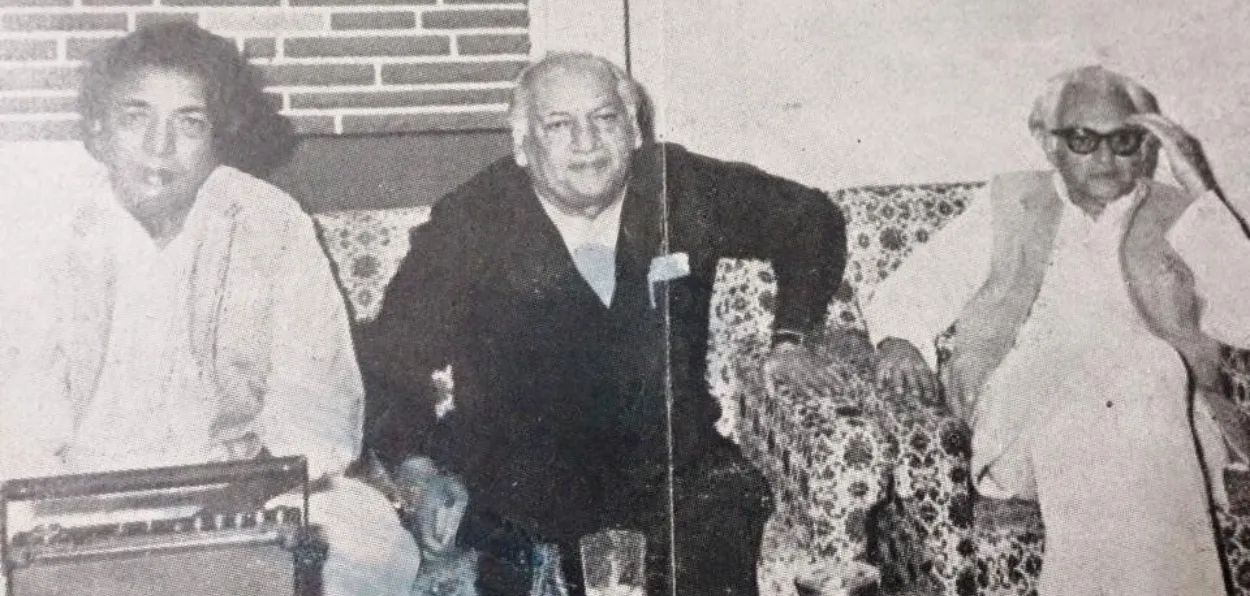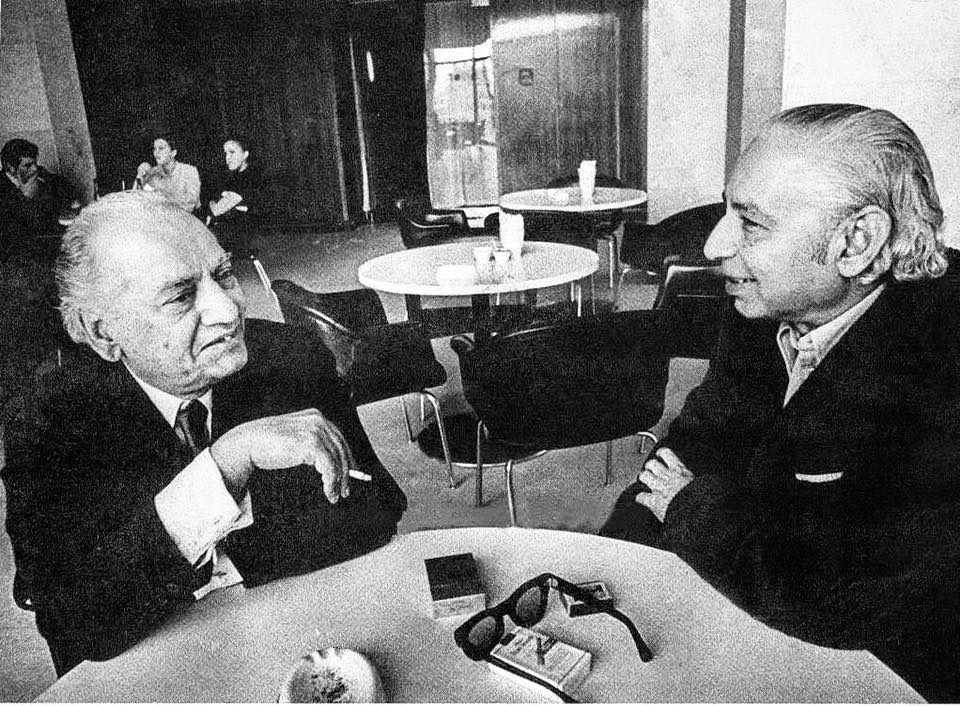
Saquib Salim
Aurat, a poem by Kaifi Azmi in the early 1940s, is considered an anthem of feminist expression in the Urdu language. “Uth merii jaan mere saath hii chalnaa hai tujhe” (Arise, my love, for now, you must march with me) breaks the age-old conventions of women being inferior and therefore not suited to ‘manly’ tasks like war. Kaifi asks women to walk along with men at every step.
A Slice Of History
The poet asks women to break the shackles like marriage that bind their lives to men’s in case it blocs their freedom. This was a radical idea, for no writer had gone so far as to champion gender equality.
Though Kaifi had never directly mentioned Faiz Ahmad Faiz, he had hinted that the poem was his reply to his popular poem, “Mujhse pehli si muhabbat meri mahbub na maang” (My beloved, don’t ask for the love like I used to). Faiz's poem was perceived by the public as a ,message that men should not waste their time on romance and sexual pleasures in the times of war.
Written in the late 1930s, when World War II was being fought, he believed that men should focus on war and that love could wait. It must be noted that Faiz had joined the army for the War. He declares, “Aur bhi dukh hain zamane me muhabbat ke siva, Rahate aur bhi hain vasl ki rahat ke siva” (There are sorrows other than love, There are comforts other than sexual or romantic union).
The message was clear. Women should wait for the men to return from the war and make love to them and it was the time of revolution and men were duty bound for the War.
This thought disturbed Kaifi. He believed that man and woman share more than sexual companionship. A woman, in his view, is more than a wife, sister, or mother. How can a society think of a revolution if half its population doesn’t will not join the struggle? He felt women were comrades in arms and not just lovers waiting for the soldiers.
Kaifi recalled, “At that time (in the early 1940s) several of our poets were writing poems to the effect that they were going to war to liberate the country. This is not the time to love, after coming back from the War, we will love in leisure. My point of view is completely different. What I believed or still believe is contained in this poem.”
 Faiz Ahmad Faiz with Sajjad Zaheer
Faiz Ahmad Faiz with Sajjad Zaheer
Sajjad Zaheer, one of the founding members of the Progressive Writers’ Association (PWA), while writing on Kaifi’s poetry showed his displeasure at the writers who left Communism after becoming famous. He also wrote that Aurat was a revolutionary idea far ahead of other revolutionary writers who wrote about women.
Sajjad wrote, “Kaifi is miles away from those religious and traditional ideas which have been designed to leave a woman by excusing, ‘Where will you go with me in this struggle?’ What can be more disgraceful for women? Contrary to this, Kaifi says - Arise, my love, for now, you must march with me.”
The poem became an anthem of the feminist movement. With simplified vocabulary it was used as a song in Tamanna, the 1997 Bollywood film, and was picturized on Manoj Vajpayee, Pooja Bhatt, and Paresh Rawal.
Kaifi declares:
“zindagii jehad mein hai sabr ke qaabuu mein nahiin
nabz-e-hastii kaa lahuu kaampte aansuu mein nahii
urne khulne mein hai nikhat kham-e-gesu mein nahiin
jannat aik aur hai jo mard ke pahluu mein nahiin
uskii aazaad ravish par bhii machalnaa hai tujhe
uth merii jaan mere saath hii chalnaa hai tujhe”
(Patience will not help you struggle through life
Blood, not tears, sustains the pulse of life
You will fly when you’re free and not ensnared by love
Heaven is not just in the arms of the man you love
Walk unfettered on the path of freedom with me
Arise, my love, for now you must march with me)
ALSO READ: Song, Wo Humsafar Tha... was written on Pakistan's defeat in 1971 war
Kaifi’s opposition to the idea “Mujhse pehli si muhabbat meri mahbub na mang” (My beloved don’t ask for the love like I used to) comes with “yeh bhii ek qaid hii hai, qaid-e-muhabbat se nikal” (come out of the bondage of love, for this too is a bondage).
